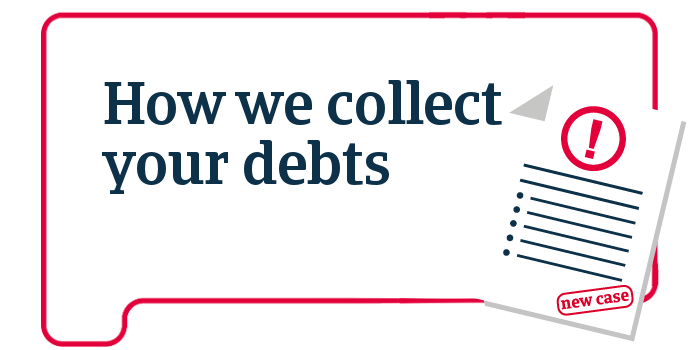
Debt Collection in Portugal
Anyone with experience running a business will have unfortunately been forced at some point to chase debtors for failing to pay for goods or services supplied. Or perhaps a loan has been made and never repaid. Hopefully, a formal legal demand will be sufficient to ensure prompt repayment. If not, other measures can be taken to enforce your rights, around the world.
PMCG expertises in cross border debt collection in B2B transactions, allows you to take control and to begin the process of recovering outstanding debts in Portugal, regardless of where you are located in the world.
Negotiation With Debtors
Should the need arise, our team is expert in carrying out negotiations with debtors and will negotiate on your behalf for the return of the debt and will manage a debt plan with the debtor where you have provided us with full prior authorisation.
Obtaining all the monies that you are owed is of course the primary objective here though you may decide that obtaining a percentage or the full amount over a period of time are acceptable alternatives.
Financial Report Before Going to Court
- Going to court is a last resort but one that can be necessary in order to obtain a successful outcome. We should only really consider going ahead when all of the information relating to the debtor tells us that this will be a worthwhile strategy.
- It is possible to obtain valuable information about the financial position of Portuguese individuals and companies from a number of important sources. This would include:
-
- The commercial register which contains a host of information about companies such as fixed assets and annual returns;
- The property register which holds information on any assets registered in the names of individuals including sole traders;
- The RAI register which contains valuable reports of any previous failure by the company to pay creditors
PMCG can arrange for a Solvability Report to be drawn-up and a recommendation to be provided – by specialist lawyers – on whether to pursue the debtor in the Courts.
It is strongly recommended to obtain a financial report before proceeding to take court action.
Court Process
If the measures taken extra-judicially fail to recover the debt and the financial report (recommended) suggests that it would be worthwhile to continue pursuing the debtor, the next stage is to bring the matter before the courts.
This effectively means using the ‘Injunction Proceeding” which is a special court process specifically set-up for the speedy resolution of outstanding debts which cannot exceed €250,000.
Upon presentation to the court of the petition together with supporting documentary evidence (contracts, invoices etc) the court will decide whether there is a sufficiently substantial case for the debt to be repaid.
The debtor is then informed by the court of the petition and at this stage there are three possible outcomes:
- Debtor Agrees To Pay The Debt
In 45% of cases brought via the ‘proceso monitorio’ the matter is resolved at this point with the debtor agreeing to pay the creditor the amounts owed.
- Debtor Does Not Respond or Appear in Court
If the debtor fails to respond to the court action or doesn’t turn-up at the hearing then the judge may rule on the matter, sentencing the debtor to pay in full.
- Debtor Opposes Payment of the Debt
If within a timeframe of fifteen days the debtor opposes the action and does so in writing then it becomes necessary for the court to hear arguments from both sides. In this case, the proceeding will be converted into a common law suit, and a hearing will be held in cout.
Other Considerations
It is extremely useful if you know the current location of the debtor and have documentary evidence to support your claim. This might be a document signed by the debtor to that effect or it might be a document that is ordinarily issued in the course of business dealings such as invoices, delivery notes or other such items.
What does this service consist of?
- Expedite and facilitate the collection of unpaid debts
- Improve collection rates and where possible preserve existing business relationships
- Collection is achieved either through extrajudicial or judicial procedures
- Ensure a value-for-money service
- All cases are undertaken with the strictest confidence and the clients are regularly kept up-to-date.
Code of Reasonable Fees
Our clients can expect to receive a quotation that is at or below the recommended guideline prices by our local Professional Body.




